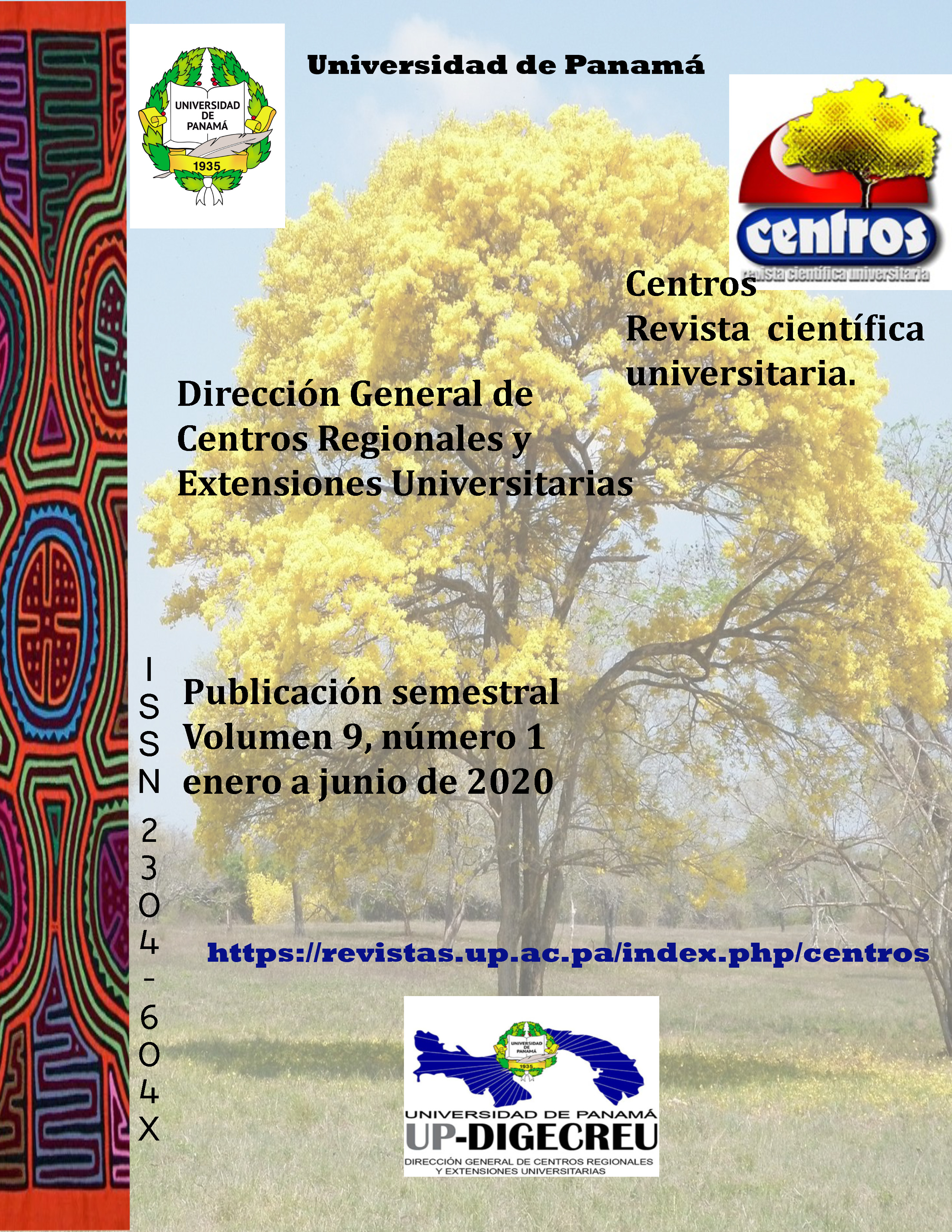

The cultivation of Piaractus branchypomus, commonly called white cachama, is an activity that generates economic income in indigenous communities of Archidona, Napo. In order to perform this activity, it is necessary to control certain parameters, in order to ensure the success of the process, as well as the quality of the product, which are the cachamas. Therefore, in the present work the conditions of the culture ponds are evaluated by quantitative analysis of water parameters such as carbonates, dissolved oxygen, as well as the parasitic prevalence of the cachamas by microscopic and stereoscopic analysis. It was evidenced that the food provided at the beginning of the process is a source of contamination. Also, the presence of monogeneos or cestodes in fish collected in the community of Santa Rita was identified. In addition, it was observed that carbonate levels are high in the outflow waters, in relation to those shown in other studies, so recommendations are given to reduce the values ??of this parameter.